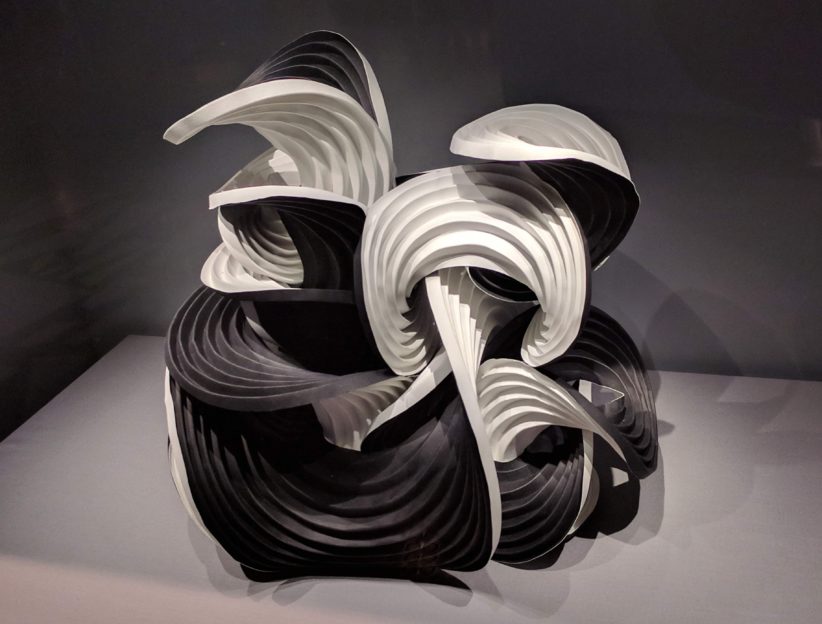This morning I read a wonderfully nuanced piece of writing by Peter Hessler in the New Yorker, which explored several delicate themes with great empathy. The unifying theme was the inherent tension of being identified as "other" in society, and how such a misfit identity can create a disconnect in how one is treated by society. Hessler captures something that I have sensed but but been unable to articulate for many years.
A society can genuinely care for the misfit and express sincere affection for him. On the other hand, the status of not fitting into societal norms is used as justification for targeting the misfit for exploitation or worse. The article's narrative weaves in the betrayal of a foreign correspondent living in Egypt by someone close to him who exploits the foreigner at a vulnerable moment for personal gain.
Many of us choose to think of the world as a collection of people waiting to form meaningful connections across cultures. Some even blog about their experiences supporting this world view. But the truth can be a bit more nebulous.
During a rotation abroad in Nairobi while in residency, I experienced comical moments, such as when one of the security guards I became friendly with as I entered and exited the hospital compound decided to ask if I would grant him a scholarship to study in the US based on a couple of weeks' worth of friendly head nods. It was a brazen Swahili form of chutzpah, and I tried to see it from his perspective - you come from plenty, why shouldn't you share some of that abundance with me?
Then there are memories of more subtle and awkward experiences. I met AH through a friend while spending time in northern Ethiopia during fellowship. AH was an engineer teaching at the local university, clearly bright and ambitious, with designs on a future that was greater than his environs would allow.
We went out to coffee, took meals together, and he even invited me to the home he shared with three other friends to enjoy home-made Ethiopian food prepared by his sister. He was one of several close friendships I made during my time abroad, and I was grateful for our friendship.
On one of our perhaps weekly get-togethers, it was getting late and AH had to walk home in the cold, so I loaned him one of my favorite jackets. Weeks passed, and the jacket always seemed to get forgotten. He was a detail-oriented guy, so the repeated shrugs of, "Sorry, it slipped my mind," rang hollow.
This continued over a couple of separate trips until, awkwardly, I confronted him about the missing jacket during my final trip to Ethiopia before my fellowhip was to end. Sheepishly, he dropped it off at my hotel a couple of nights before my departure. We lost touch after that - something strange and extractive had insinuated itself into the friendship that ultimately resulted in its undoing.
The jacket incident was seemingly minor, but I've replayed it many times in my mind. I could have been less petty - it was just stuff, he was a friend, and the signs were obvious that he really liked it and cared about it more than I did. If he'd asked if he could keep it, I likely would have acquiesced.
But something bothered me deeply about his simply hanging onto it - perhaps it uncomfortably implied that our friendship was not genuine, that in the end I was a wealthy foreigner and he was in some way exploiting our friendship to get some shiny object he might not otherwise obtain. It left me feeling a bit used.
The irony is, one could have made a similar argument about exploitation in reverse: I was the outsider using my friend as an entry point to local culture and social networks that typically took years to develop. At some point I would leave the country, most likely never to return. Wasn't it only fair that I leave some form of payment for services, like a favorite jacket he was fond of? Isn't this what friends do for friends?
This tension seems greatest where there is greater asymmetry in wealth or power between friends - I would not have likely felt this way with a friend with similar resources, or from a nation with GDP on par with the U.S.
I'm often deliberately evasive when meeting new people abroad because I'm reluctant to play the wealthy foreign doctor - I'd much rather they look me over and conclude by my attire that I'm a middle-aged backpacker who can barely afford the hostels. I'd prefer they like or dislike me for who I am rather than what they can extract from me.
There's no great answer to be found in this confession.
When I got home, I couldn't wear the jacket any more, and donated it to goodwill within a couple of months.
I googled AH recently. He's built a successful life as an engineer in Norway. I'm happy for him, but I have to wonder: On visits home, does he question whether his family and acquaintances see him for who he is, or for what they can extract from him?

